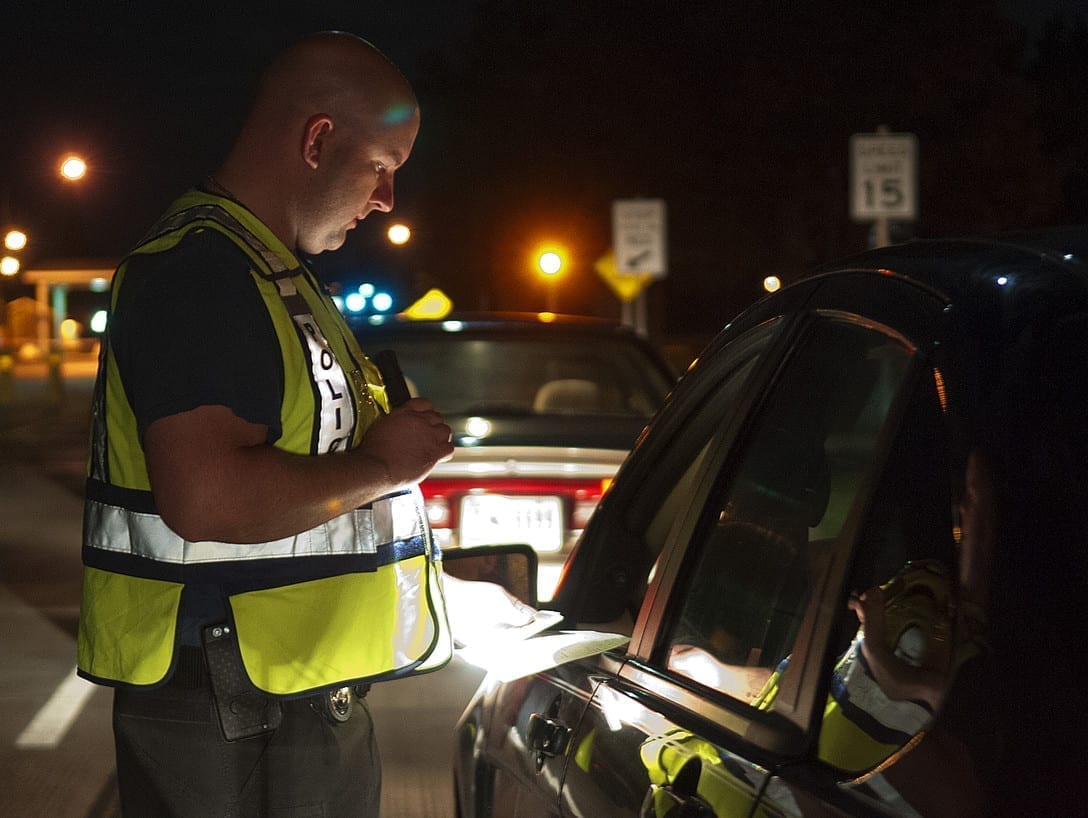A more chaotic world is coming. Adapting to our new reality means changing how we live as laws, institutions, resources, and our culture shift around us.
Last week, I wrote about the chaos we’re bound to experience as our climatic, economic, and political systems break down around us. Knowing is half the battle, as they say, but what can we do about it? Adapting to our new reality will be tricky with the world shifting underfoot, and eventually we won’t have a lot of the institutional and cultural resources we’ve long relied upon. Being on our own doesn’t mean the situation is impossible, though. Changing times tear down old structures, but it can also be a fertile time to reinvent new possibilities, explore previously unimaginable options, and build them from the ground up in ways better suited to today’s needs.
Amassing a good, working, open-ended body of knowledge is the best first step towards adapting to our new reality. Now is not the time to wear partisan-colored glasses that color our thinking and impair our observations of the world around us. Back in 1946, George Orwell discussed the dangers of allowing ourselves to be blinkered by our preconceived notions and tribal talking points, and it’s just as true today. Arguing with reality only wastes time that could be better used for learning.
What kind of knowledge is the most useful will depend upon what’s going around you. That’s hard to predict in a changing world, but we can make some educated guesses. Adapting to our new reality of checkpoints and state intrusiveness makes knowing one’s rights a great start. DUI, TSA, and border checkpoints all mean different requirements as far as what can be searched, whether probable cause or reasonable suspicion is required for a search, and what you should do during or in the area where such checkpoints are being enforced. Keep in mind that the rights any society grants its residents are subject to both legal and cultural changes, so stay current on what your rights are, and how those rights may or may not be observed in your community.
Adapting to our new reality also means finding alternative ways to take care of your health. The healthcare system is in a state of flux as changing laws and demographic shifts play out in our communities. A 2016 study released by the University of Virginia predicted that by 2040, half of the American population will live in just eight states, with the next eight biggest states hosting another 20% of the population. This has big implications. For example, hospitals in shrinking, rural counties are already closing, resulting in a lack of services and job losses that push rural communities further into a cycle of decay. Meanwhile, a shifting balance on the Supreme Court is expected to weaken Roe v Wade. Soon, everyone may benefit from learning how to deal with their health and that of their communities without relying on health professionals or formal infrastructure.

It’s important to become more adaptable to fit any situation that comes our way. Consider becoming accustomed to using what author and thinker John Michael Greer calls “LESS” – Less Energy, Stuff, and Stimulation. Requiring fewer energy resources for your lifestyle isn’t just cheaper, it’s a way of adapting to the possibility of insecure or unreliable energy distribution. Spending less money on entertainment and eventual clutter means having more resources available (or less debt) when circumstances make that a really good idea, such as job loss, economic downturn, or needing to move. Plus, avoiding overinvestment in things you don’t really need can help you avoid buying into the sunk cost fallacy, leaving you more psychologically open to new options in the future.
It’s hard to know what, exactly, can be done to adapt to a potentially chaotic future. Chances are slim that any single set of strategies will cover everyone. However, we can all aim to become not just resilient, but antifragile in the face of change. Adapting to our new reality begins when we can accept that the old reality is shattering. Look inside. Are you ready for change?
Related: Instability is the Wave of our Future


Join the conversation!